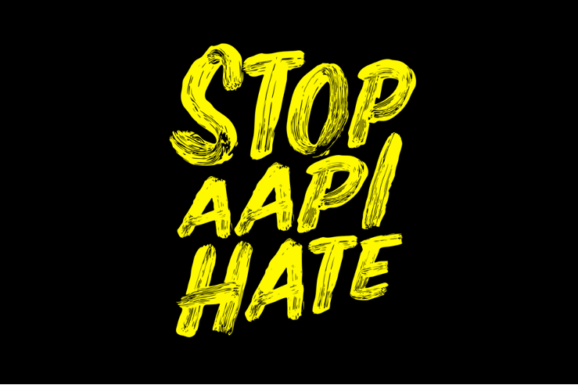In 1992 Congress designated May as National Asian Pacific American Heritage Month (APAHM) to celebrate the achievements and contributions of Asian Americans and Pacific Islanders in the US. This year we should consider how leaders, companies, and communities can become better allies to the Asian Pacific American community.
Recent violence against the AAPI community has led to worldwide condemnation of ongoing tensions. However, private sector responses have been mixed. Some companies have done a great job with solid stances: including Etsy, which donated $500,000 to support AAPI communities and implemented bystander training for American employees; Coca-Cola , which donated $1.85 million to AAPI organization; Bank of America, which expanded its $1 billion program to advance racial equity; and GoFundMe who launched the AAPI Community Fund, raising over $5 million from brands and individual donations. Others have chosen to stay silent.
Remaining silent in the face of injustice is no longer an option for the private-sector, and companies can’t afford to ignore the issues. Research shows that 68% of Americans expect corporations to take a stance on social issues; further, a report released last summer by Porter Novelli, shows that 64% of Americans believe it’s no longer acceptable for businesses to be silent about social justice issues.
There is a business case for accountability: companies are seen as a vehicle to advance solutions, especially when it comes to equity. In addition to being morally right, it’s also good business. A 2020 report from Nielsen found that the Asian American consumer market totaled $1.2 trillion last year and could reach $1.6 trillion by 2024.
As companies speak up and show support for the AAPI community, it is crucial to acknowledge past silence, create points of action to support the community, and have leaders send a clear message that anti-Asian racism and hate crimes are unacceptable. Equally important, companies should begin mapping out and sharing long-term plans for incorporating DE&I commitments and increasing representation. Building a more inclusive world will demand corporate action.
Learn more about integrating D&I into your organization here
